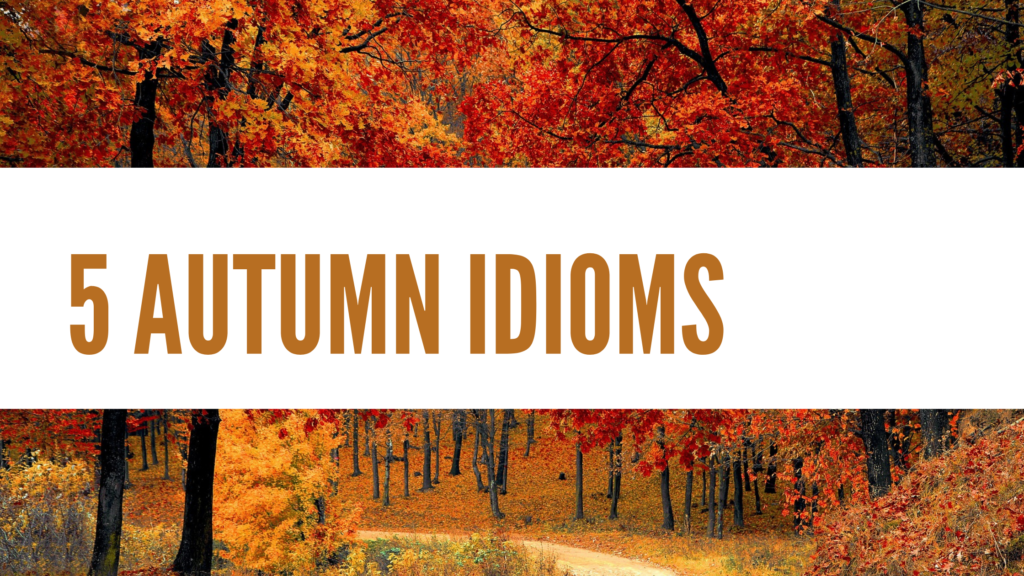Sarah
I help intermediate to advanced English learners speak with clarity and confidence. I'm a native British English speaker, an intermediate Brazilian Portuguese learner, and a professional educator with over 26 years of experience. I hold an M.A. in English and a Postgraduate qualification in English language teaching. I’m also a wife, mother, animal lover, and nature enthusiast.


